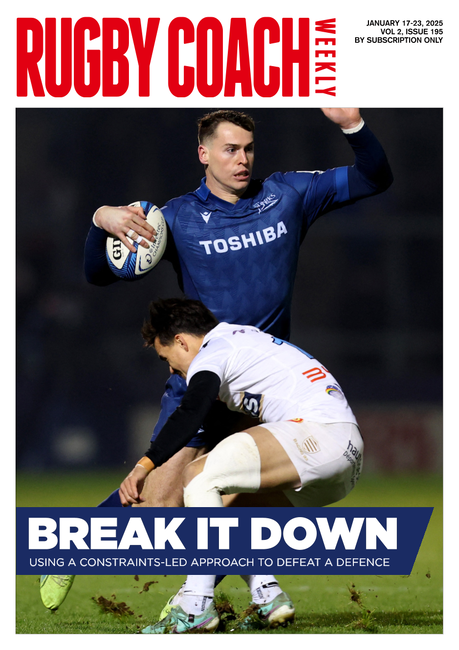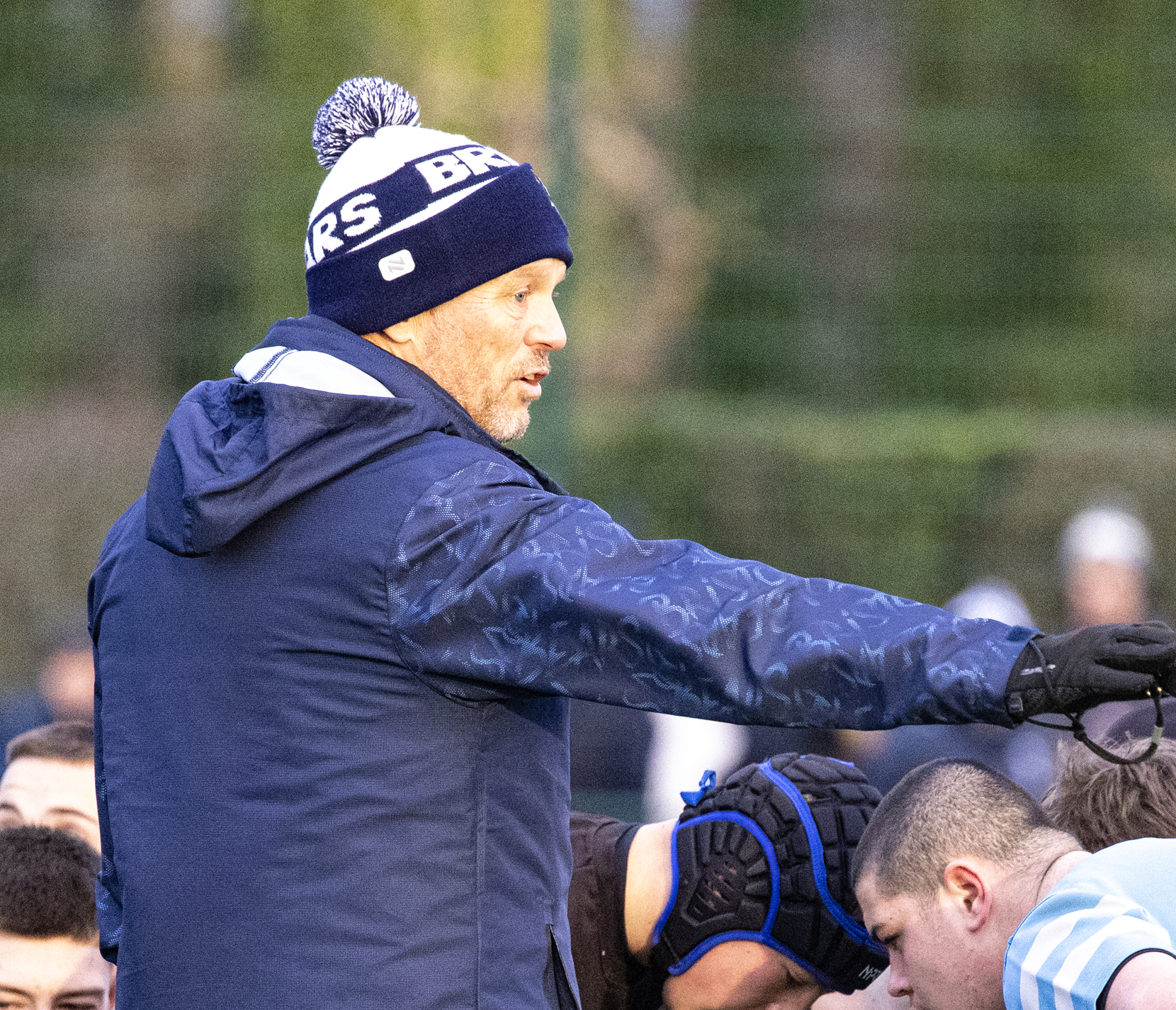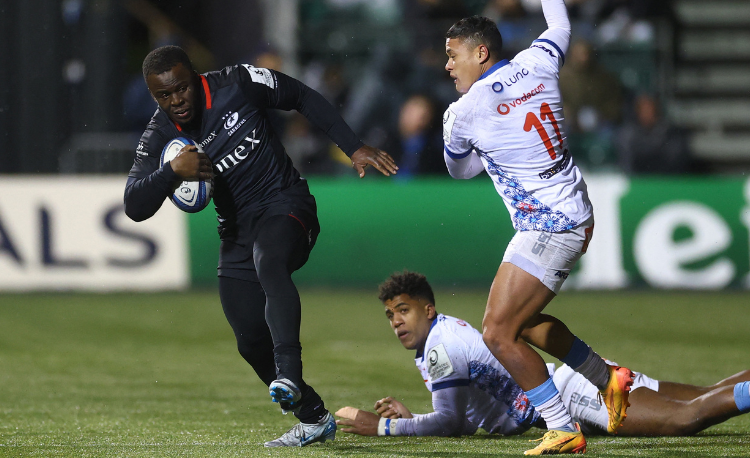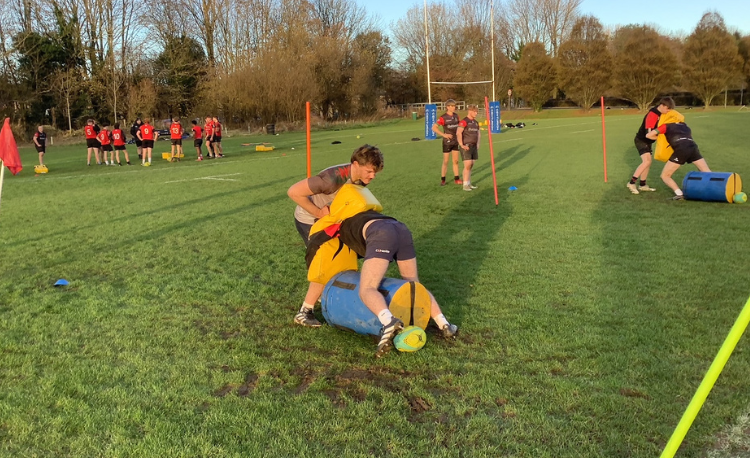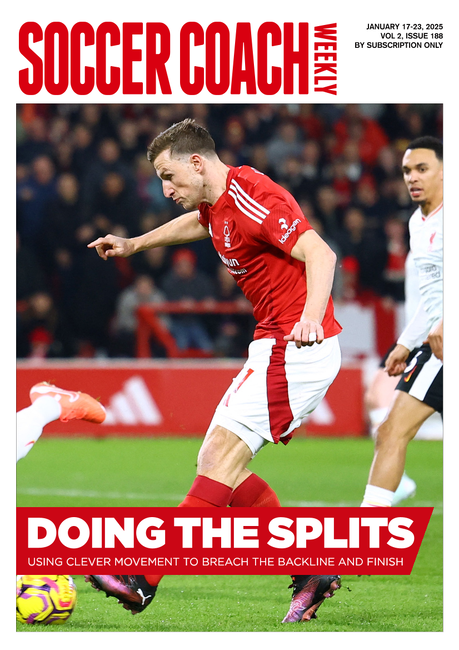Some ideas are just too big to cope with
Last month, I had a great catch up with Craig Gunn, who’s a top coach developer in Australia.
We bounced around a number of topics, one of which was that we sometimes get ahead ourselves. We have a grand plan for a team but it simply doesn’t work.
Well, that sounds familiar, and all too often it’s because the players aren’t up to the task. However, it’s sometimes because we aren’t either. And that’s a sneaking danger that comes from reading and listening to top coaches.
Let’s put that carefully into context. We can always learn from the best. They will give us ideas and inspiration to overcome our current problems. They can also give us confidence to challenge ourselves, much like they have done before.
For example, Eddie Jones has been quite candid about his journey from an autocratic to a more democratic coach. More coaches have now embraced his approach, giving more say to the players. This is a popular theme in current rugby thinking, and it’s not just Jones who’s saying this. Spend any time listening to the likes of Joe Schmidt or Steve Hansen, and you will hear the same message.

Yet, despite this good advice, we can still fail to truly benefit. That’s for three reasons. First, we don’t understand what they really mean. Second, we don’t have the skills to put their advice into practice. And third, we revert to type more often than not and only partially take on their ideas.
That’s often because the idea is too big to cope with. To succeed to you need to have a full grasp of the implications, not just for your team, but for you. If you are coaching day-in, day-out, this might be possible, especially if you have proper management structure and support team around you to help you live an idea to its full.
But, if you are meeting with the team just twice a week and it’s just you and one or two other coaches, you may struggle to maintain the strong connection to an idea because you don’t have the time.
Time is the crucial factor. It gives you space to reflect, research and adjust your thinking. When you are with your team, if you can be patient, they can become attuned to your methods. Finally, your support staff will prosper when they have the time to discuss progress and suggest new ways.
This is not all doom and gloom. Craig and I concluded that each of us needs to take baby steps. Our tentative progress might allow us to embrace more and be more susceptible to permanent change – that’s my conclusion certainly.
For all of us, let’s be prepared to embrace new ideas. Let’s also be prepared to invest in them properly.
We bounced around a number of topics, one of which was that we sometimes get ahead ourselves. We have a grand plan for a team but it simply doesn’t work.
Well, that sounds familiar, and all too often it’s because the players aren’t up to the task. However, it’s sometimes because we aren’t either. And that’s a sneaking danger that comes from reading and listening to top coaches.
Let’s put that carefully into context. We can always learn from the best. They will give us ideas and inspiration to overcome our current problems. They can also give us confidence to challenge ourselves, much like they have done before.
For example, Eddie Jones has been quite candid about his journey from an autocratic to a more democratic coach. More coaches have now embraced his approach, giving more say to the players. This is a popular theme in current rugby thinking, and it’s not just Jones who’s saying this. Spend any time listening to the likes of Joe Schmidt or Steve Hansen, and you will hear the same message.

Yet, despite this good advice, we can still fail to truly benefit. That’s for three reasons. First, we don’t understand what they really mean. Second, we don’t have the skills to put their advice into practice. And third, we revert to type more often than not and only partially take on their ideas.
That’s often because the idea is too big to cope with. To succeed to you need to have a full grasp of the implications, not just for your team, but for you. If you are coaching day-in, day-out, this might be possible, especially if you have proper management structure and support team around you to help you live an idea to its full.
But, if you are meeting with the team just twice a week and it’s just you and one or two other coaches, you may struggle to maintain the strong connection to an idea because you don’t have the time.
Time is the crucial factor. It gives you space to reflect, research and adjust your thinking. When you are with your team, if you can be patient, they can become attuned to your methods. Finally, your support staff will prosper when they have the time to discuss progress and suggest new ways.
This is not all doom and gloom. Craig and I concluded that each of us needs to take baby steps. Our tentative progress might allow us to embrace more and be more susceptible to permanent change – that’s my conclusion certainly.
For all of us, let’s be prepared to embrace new ideas. Let’s also be prepared to invest in them properly.
Newsletter Sign Up
Coaches Testimonials

Gerald Kearney, Downtown Las Vegas Soccer Club

Paul Butler, Florida, USA

Rick Shields, Springboro, USA

Tony Green, Pierrefonds Titans, Quebec, Canada
Subscribe Today
Be a more effective, more successful rugby coach
In a recent survey 89% of subscribers said Rugby Coach Weekly makes them more confident, 91% said Rugby Coach Weekly makes them a more effective coach and 93% said Rugby Coach Weekly makes them more inspired.
Get Weekly Inspiration
All the latest techniques and approaches
Rugby Coach Weekly offers proven and easy to use rugby drills, coaching sessions, practice plans, small-sided games, warm-ups, training tips and advice.
We've been at the cutting edge of rugby coaching since we launched in 2005, creating resources for the grassroots youth coach, following best practice from around the world and insights from the professional game.


